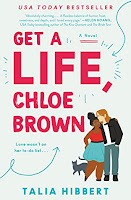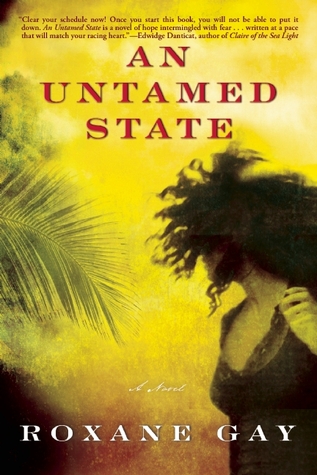This book is awesome. I loved it immediately from the introduction ("Thanks for Celebrating Black History Month by
Acquiring This Book"), which tells us that "this is a book about the ideas
of blackness, how those ideas are changing, and how they differ from the
popular ideas promoted in mainstream media and often in the black
community." And Thurston discusses all of this with insight and utter hilarity.
Chapters include: "How
Black Are You", "How to Be the Black Friend", "How to Speak for All Black People", "How to Be the Black Employee", and "How's That Post-Racial Thing Working Out For
Ya?"
In addition to his own thoughts,
Thurston brings in his "Black Panel," including W. Kamau Bell, other
interesting writers on race, and even one white guy (Christian Lander from
Stuff White People Like) to provide even more insight and perspective on the issues
he discusses.
I love this quote from Damali Ayo:
"There's only so
much we can say to white people anymore about this, because we've been saying
the same things to white people for generations, decades upon decades. It is
now really up to them. I've done workshops where I have literally taken all of
the people of color out and left the white people and said, 'Your job is
to end racism and I'll be back in twenty minutes. You set it up. Take it
down.'" (p. 216)
Also, Thurston's
commentary on Cheryl Contee's discussion of the new Harmlem Renaissance and African
American culture impacting larger culture:
"all of these are part of this
more global, collaborative resurgence of black culture and thought, and when it
comes from the bottom up like this, it challenges the prevailing and limited
images of blackness peddled by our major media but also the limited expectations
of many black people themselves." (p. 223)
Fabulous, funny, thoughtful and important.













